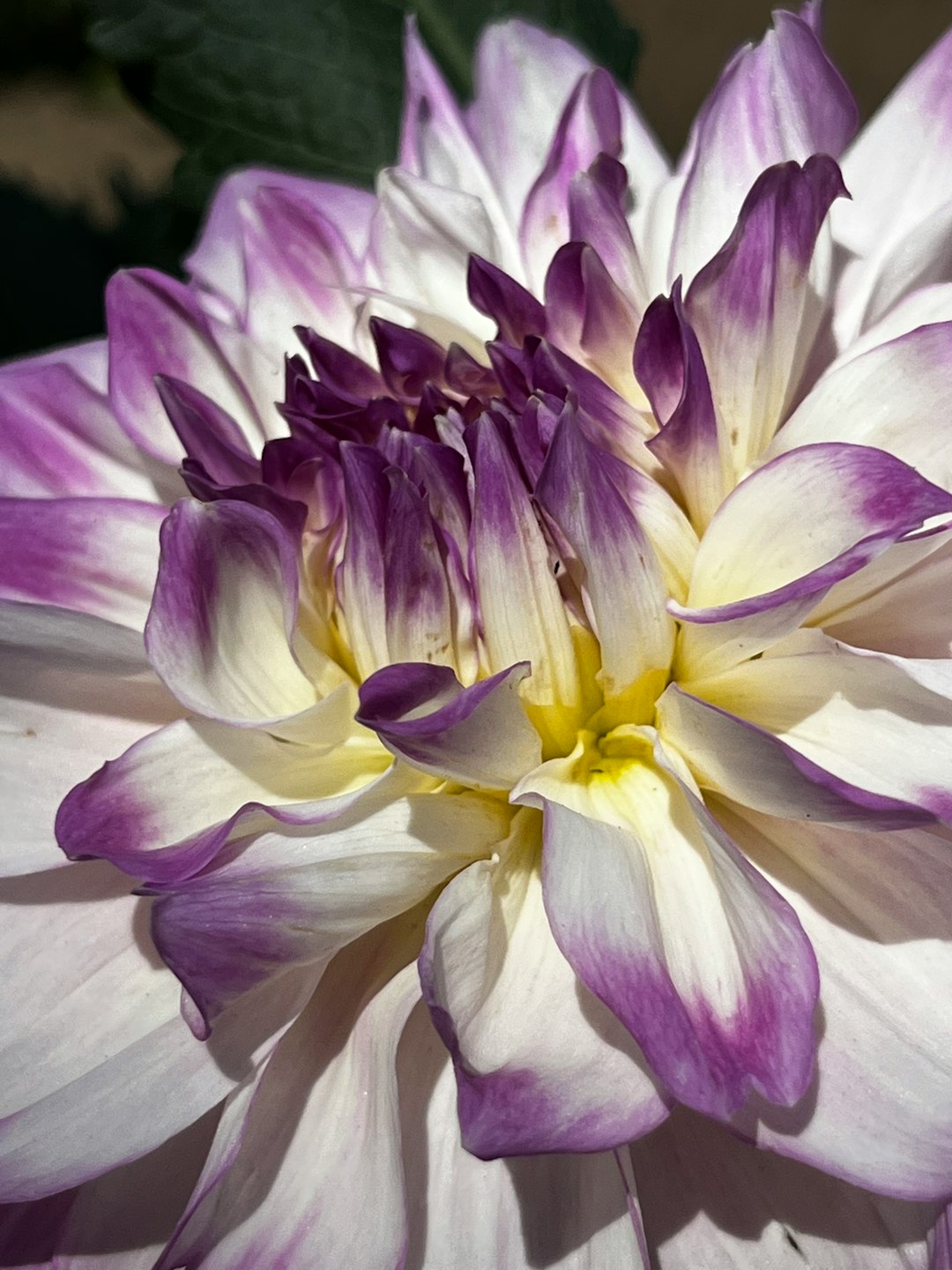The Secret to a Possum - Free and Thriving Garden

Opossums, often simply called possums, are unique creatures that can sometimes find their way into our yards. While they may seem like unwelcome guests at first glance, understanding how to manage their presence in a wildlife - friendly way is crucial. Let's delve into the signs of opossum presence, the benefits they can bring to gardens, and effective methods to get rid of them when necessary.
### Signs of Opossum Presence in Your Yard
One of the most obvious signs that opossums have made your yard their temporary home is the discovery of their droppings. Opossum droppings are usually dark in color and can vary in size, but they are often larger than those of many other small mammals. They may be found near food sources, such as garbage cans or compost piles.
Another tell - tale sign is the presence of disturbed soil or mulch. Opossums are opportunistic feeders and will dig through the soil in search of insects, grubs, and other invertebrates. You might notice small holes or areas where the ground has been turned over, especially in flower beds or around the base of trees.
You may also hear strange noises at night. Opossums are nocturnal animals, and they can make hissing, growling, or clicking sounds. If you're outside at night and hear these unusual noises coming from your yard, it could be a sign that opossums are around.
### Why Opossums Can Be an Asset to Gardens
Despite their reputation as pests, opossums can actually provide several benefits to your garden. First and foremost, they are excellent insect controllers. Opossums have a voracious appetite for insects such as slugs, snails, and beetles, which are well - known garden pests. By feasting on these pests, opossums can help keep their populations in check, reducing the damage they cause to your plants.
Opossums also play a role in the ecosystem's clean - up crew. They will eat carrion, dead animals, and even garbage. This helps to keep your yard clean and reduces the risk of disease spread from decaying matter. Additionally, they are immune to many snake venoms and will even hunt and eat snakes, which can be a benefit if you live in an area with venomous snakes.
### Wildlife - Friendly Methods to Get Rid of Possums
If you've determined that you need to get rid of opossums in your yard, it's important to do so in a way that is humane and wildlife - friendly. One of the simplest methods is to remove their food sources. Make sure your garbage cans have tight - fitting lids and that you don't leave pet food outside overnight. Compost piles should be properly maintained and covered to prevent opossums from foraging through them.
You can also use deterrents. Motion - activated lights can startle opossums and discourage them from entering your yard. Ultrasonic devices that emit high - frequency sounds are another option. These sounds are unpleasant to opossums but are generally inaudible to humans. However, it's important to note that the effectiveness of ultrasonic devices can vary.
If you want to physically block opossums from certain areas, you can install fencing. A fence that is at least 3 feet high and buried a few inches into the ground can help keep opossums out. Make sure the fence has small enough gaps so that they can't squeeze through.
Trapping can be a last resort, but it should be done with care. Use live traps and bait them with fruits, vegetables, or cat food. Once you've trapped the opossum, it's important to release it in a suitable, natural area away from your home, preferably at least 5 miles away. Check your local laws and regulations before trapping and releasing opossums, as there may be specific requirements.
In conclusion, opossums are complex creatures that can have both positive and negative impacts on your garden. By being aware of the signs of their presence, understanding their benefits, and using wildlife - friendly methods to manage their populations, you can create a harmonious balance in your yard. Remember, a little knowledge and a humane approach can go a long way in dealing with these furry visitors.